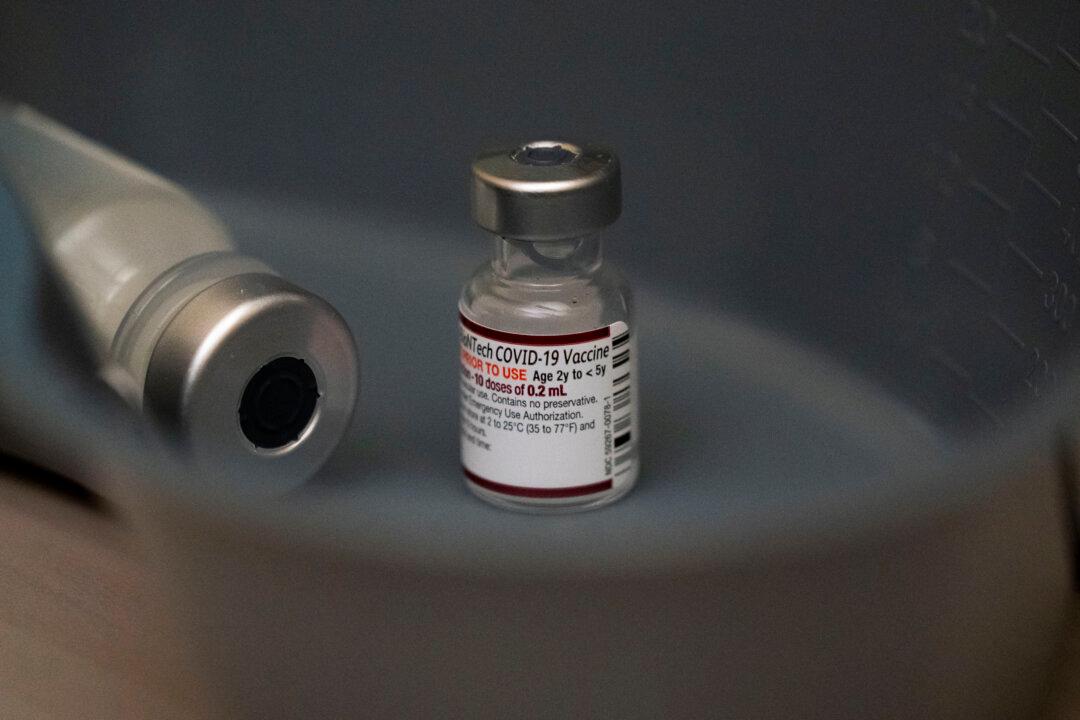U.S. drug regulators on Aug. 31 authorized updated COVID-19 vaccine booster shots despite no clinical trial data being available for the modified formulations.
The U.S. Food and Drug Administration (FDA) granted emergency use authorization to Moderna and Pfizer for the updated boosters.





